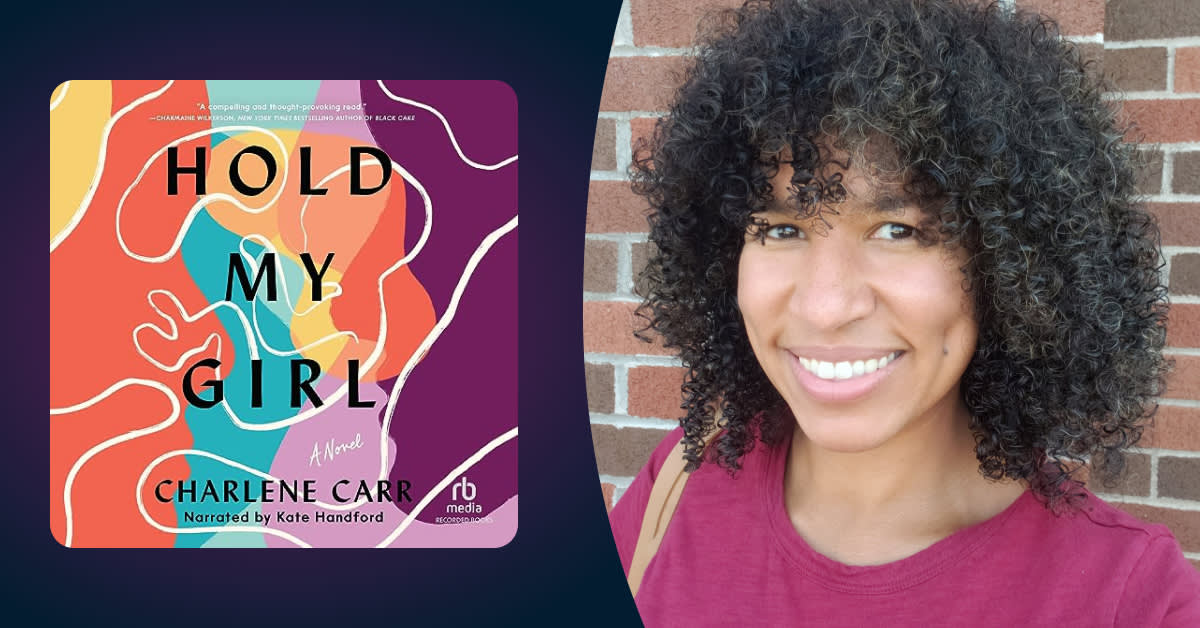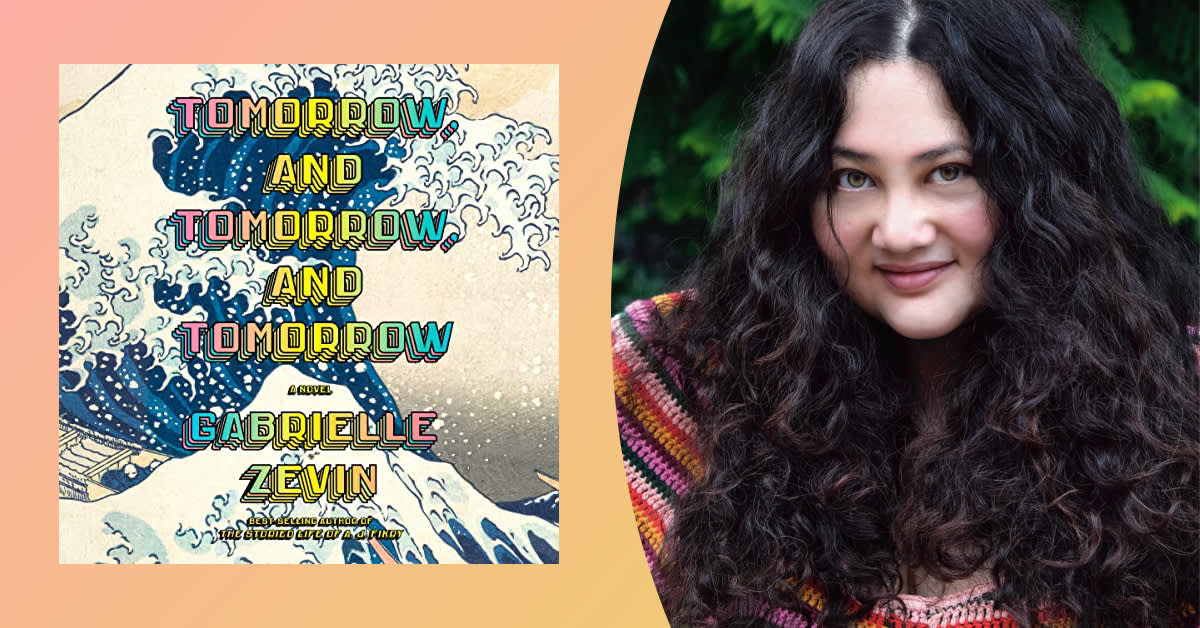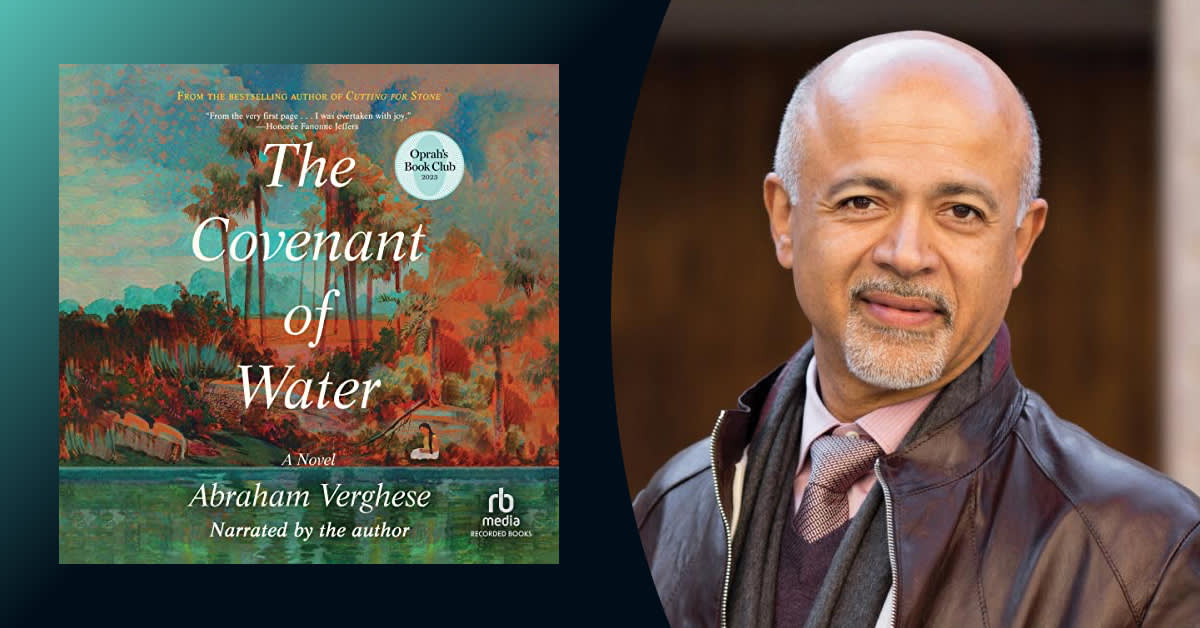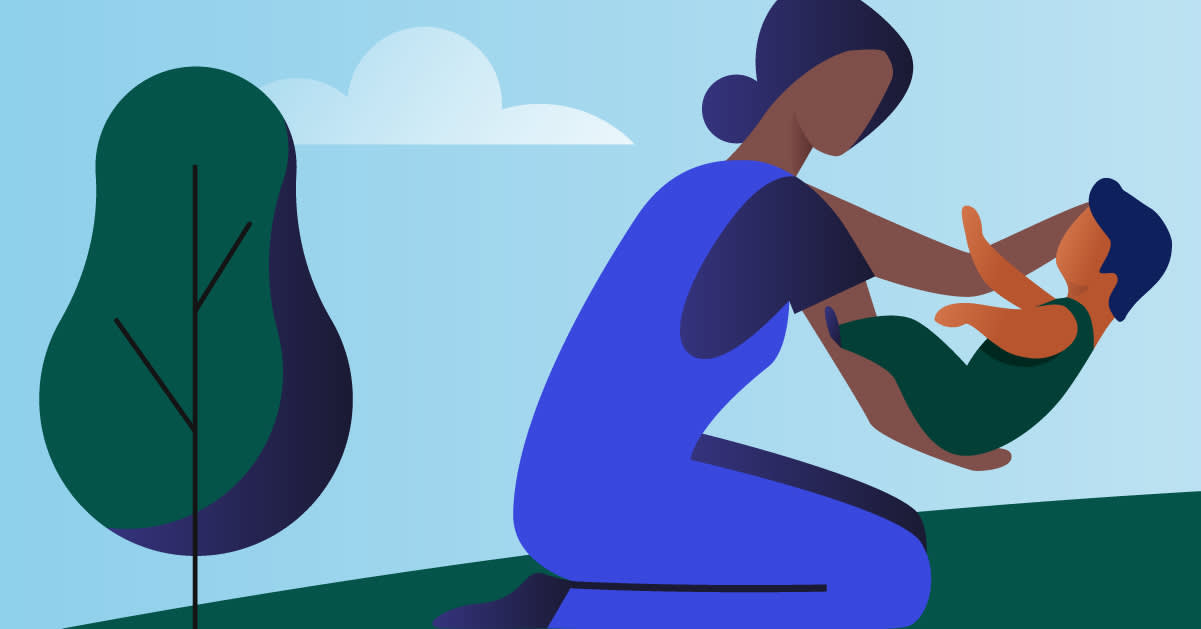Charlene Carr's new novel Hold My Girl begins with a seemingly impossible situation—two women find out that their eggs were mistakenly switched at a fertility clinic. Centered around the custody trial to decide who gets to be the remaining baby’s mother, the novel was inspired by the author’s own fear that—as a Black woman who gave birth to a visibly white child via IVF—she would one day receive a call saying her daughter wasn’t hers. Here, Carr explains how her own path to motherhood helped shaped this deeply emotional story wrought with ethical questions around infertility, IVF, and racial identity.
Margaret Hargrove: Hold My Girl is a deeply emotional story about two women whose eggs are switched during IVF and the ensuing custody battle for the only surviving baby. What inspired you to write this story?
Charlene Carr: When my daughter was born via IVF, she emerged a visibly different race from me, with almost none of my features. I spent the first several months of her life fearful there had been a switch at the fertility clinic and that she was not my biological daughter. Thankfully, by the time she turned one, her features had shifted, and I became fully confident that she was my child. This confidence gave me the freedom to explore the fears I didn’t want to think about when I was uncertain—most importantly, what I would have owed to some other mother whose biological child I may have been raising. This led to the premise for Hold My Girl.
Your novel centers on two very dynamic women. Katherine has spent seven years trying to have a baby and finally gives birth to Rose, while Tess has had multiple miscarriages and repeated IVF attempts. How did your own journey with infertility and IVF help shape the stories of these two different women?
There are many aspects of both Katherine and Tess’s journey that are similar to my own, especially regarding the emotions they experienced throughout their journeys, and I infused that into the text. Like Katherine, I’ve gone through years of not being able to conceive, and like Tess, I’ve had multiple embryo transfers and multiple miscarriages. I also know what it’s like to be going through it almost entirely alone, and then the relief of finding an online community of women who made the journey less lonely.
The question “What makes a mother?” is at the heart of Hold My Girl. How do you define what makes someone a mother?
I think the simplest answer would be love. Biology, of course, generally plays a role, and that’s how we typically think of defining a “mother.” But biology means a lot less than one’s ability to love a child in an unconditional way, which I think any woman, regardless of genetic connection, is capable of.
Hold My Girl has already been released internationally to rave reviews, and it’s being adapted into a television series. How excited are you to see your characters come to life on screen?
Incredibly excited! I can’t wait to see what the screenwriter does with these characters and how, with this medium, she’ll be able to delve so much deeper into some of their backstories, and particularly into the viewpoints of some of the characters besides Katherine and Tess. I’m especially excited to see how they’ll portray Patrick [Katherine’s husband]. In early discussions with the production team, I was thrilled to hear that they wanted to delve deeper into his character. I wanted to as well in the novel (and did in earlier versions!), but really had to pull back and even cut a number of scenes that showed more of his character because of pacing and word count restrictions.
Do you have a favorite recent listen that you would recommend to others?
This was a bit before 2023, but I loved Tomorrow, and Tomorrow, and Tomorrow by Gabrielle Zevin. The narration was so well done, and though the story was quite different from what I usually listen to, it pulled me into the world of gaming. The characters absolutely captured my heart, and the structure was so interesting.
Charlene Carr explores what makes a mother in "Hold My Girl"
The Canadian novelist mines her personal postnatal fears to deliver a heart-wrenching story about an IVF egg switch.

Up Next

Gabrielle Zevin on art, love, and video games
The author's exhilirating new novel riffs on Shakespeare, Emily Dickinson, and THAT Japanese wave print to explore how "every day we are alive is a chance to try again."

"The Covenant of Water" is worth the wait and worth your time

The best audiobooks to give and hear this Mother’s Day
